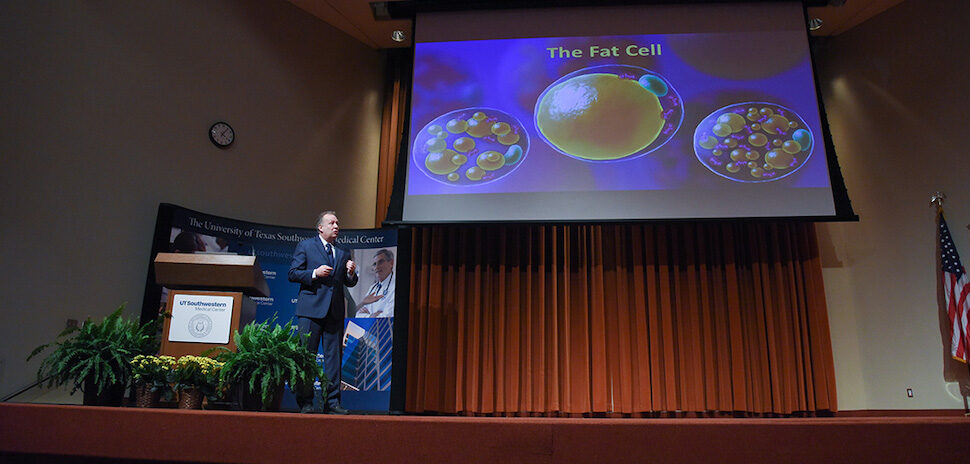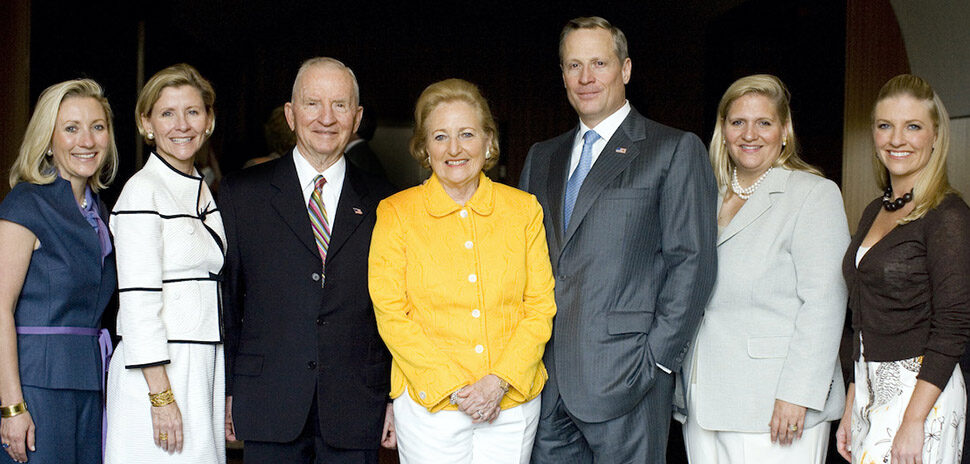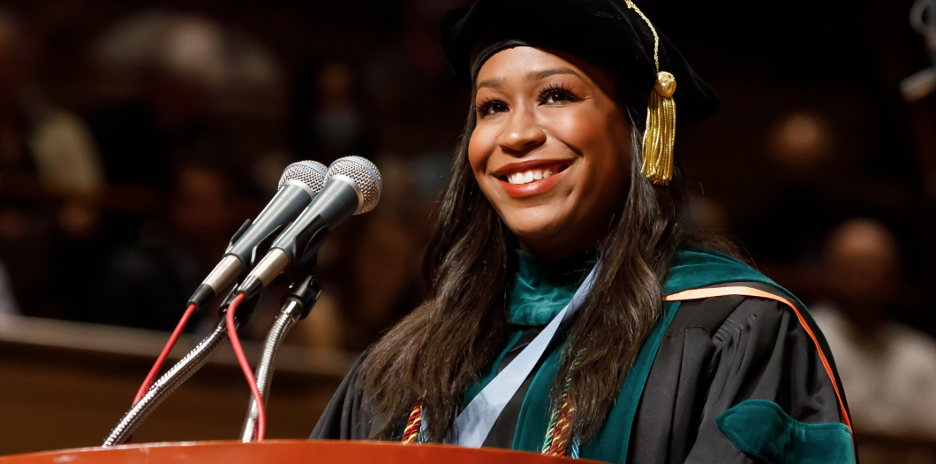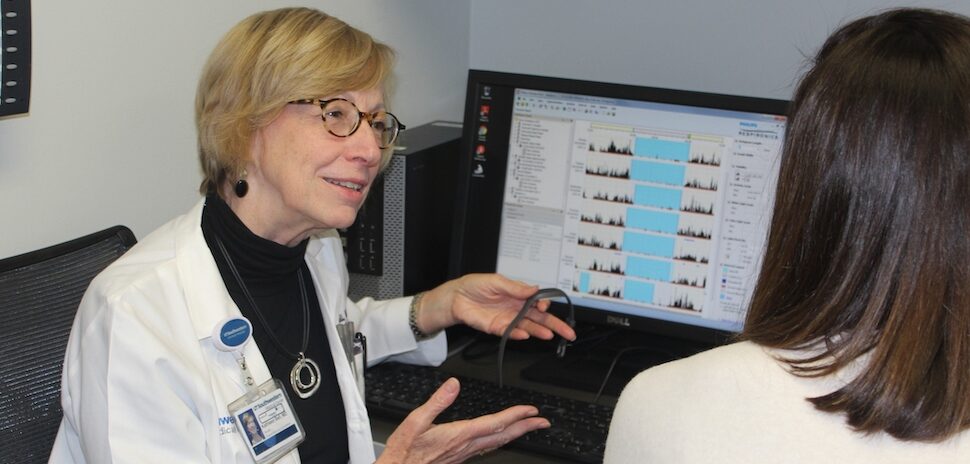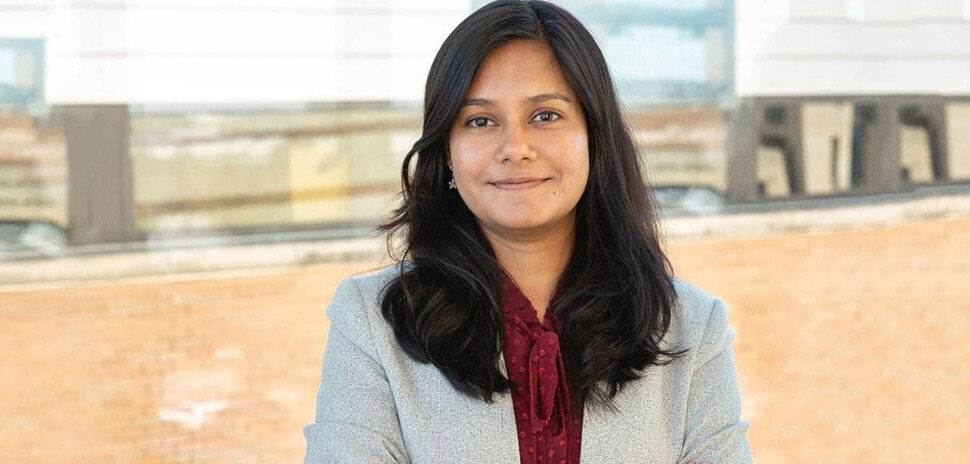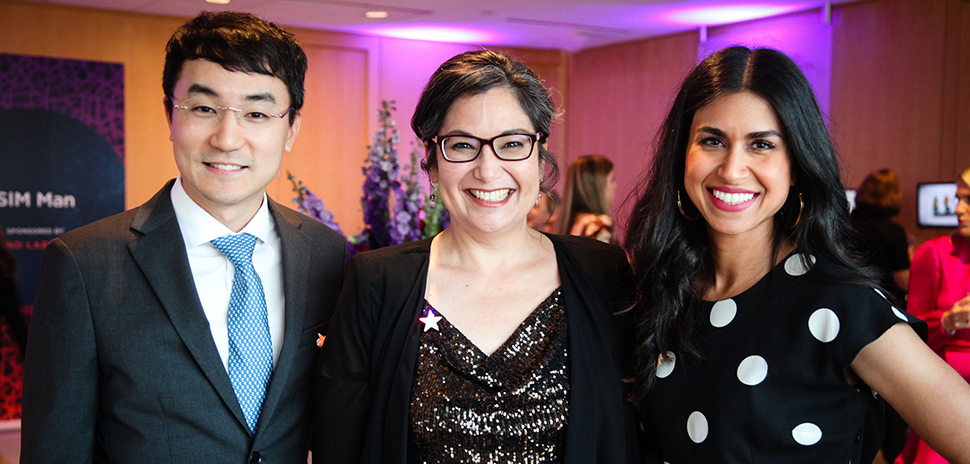
The Cary Council Early Stage Research Grant Recipients for 2022: Dominic Moon, M.D., Robin Higashi, Ph.D., and Proshad Efune, M.D. [Photo: Southwest Medical Foundation]
Three $50,000 grant recipients have been announced by The Cary Council following its fourth Evening with DocStars fundraising event, which was held last month at UT Southwestern.
The Cary Council is a group of young leaders dedicated to advancing early-stage research in support of Southwestern Medical Foundation and UT Southwestern Medical Center.
The group’s signature event raises funds to support talented, early-career UT Southwestern principal investigators, or “DocStars,” who are pursuing novel treatments and cures, Southwestern Medical Foundation said.
Five finalists were nominated by UT Southwestern, and this year The Cary Council steering committee selected Proshad Efune, M.D., Robin Higashi, Ph.D., and Dominic Moon, M.D., as the recipients. The 2022 DocStars will each receive $50,000 to continue their pioneering work in anesthesiology & pain management and pediatrics; population and data sciences; and radiation oncology; respectively.
Working toward a ‘healthier, more innovative future’
“Ensuring a healthier, more innovative future for the delivery of healthcare is dependent in part on the support received by the next generation of exceptional and talented leaders in research,” Southwestern Medical Foundation President and CEO Kathleen M. Gibson said in a statement. “The signature event created by The Cary Council, An Evening with DocStars, has been an exciting evening for all who participate while providing the means to significantly invest in this next generation of outstanding talent.”
The Cary Council seed funding will enhance Efune’s, Higashi’s and Moon’s chances of attracting more funding sources to further their breakthrough research, UT Southwestern said. Since the first Evening with DocStars event in 2017, The Cary Council has awarded 15 substantial grants to young investigators to accelerate their work, the foundation added.
Those grants have attracted $9.4 million in additional funding for research across important medical areas including breast cancer, brain cancer, genomic technologies, and infectious disease, Southwestern Medical Foundation said.

Get on the list.
Dallas Innovates, every day.
Sign up to keep your eye on what’s new and next in Dallas-Fort Worth, every day.
R E A D N E X T
-
Over 150 scientists across dozens of departments will be part of the elite National Institutes of Health-funded, university-wide interdisciplinary research center. Dallas' UT Southwestern Medical Center is the only institution in Texas to be selected for the NIH initiative. UTSW wants to translate scientific discoveries into new therapeutic strategies for the prevention and treatment of obesity, which it describes as a chronic disease affecting more than 40% of the U.S. population, with medical costs nearing $175 billion.
-
The Perot family’s support will expand the number of students admitted to UT Southwestern's dual-degree program as well as research disciplines in which they study, to include biomedical engineering, computational biology, bioinformatics, and data science. The funding will enhance the curriculum and experiences of Medical Scientist Training Program students and increase efforts to recruit students from elite U.S. colleges, including top international students who want to stay in the U.S. for their careers.
-
The Ho Din Award honors those who exemplify the unique combination of medical wisdom and human understanding that distinguishes all great physicians.Leading with a heart of service, Cayenne L. Price, M.D., hopes to create as much of an impact in her community as possible while caring for her patients.
-
As many North Texans try to move on from the pandemic, Dr. Bell is focused on the "tens of millions of patients" who've developed long-haul COVID—and who are experiencing life-altering symptoms long after their COVID-19 infection cleared.
-
UT Arlington civil engineering researcher Warda Ashraf is looking to the past to create a concrete-like material for the future—one that could reduce the carbon emissions created by today's construction industry. The ancient Romans used volcanic ash to make structures that still stand today. With $747,000 in DARPA funding, Ashraf's team found a workable substitute—super-heated clay hydrated with lime and seawater—and is preparing to test it in the Corpus Christi Bay area. “We have the recipe. We tested that in the laboratory," Ashraf told Dallas Innovates. "Now, let's put it in the field and see what happens.”
![]()


